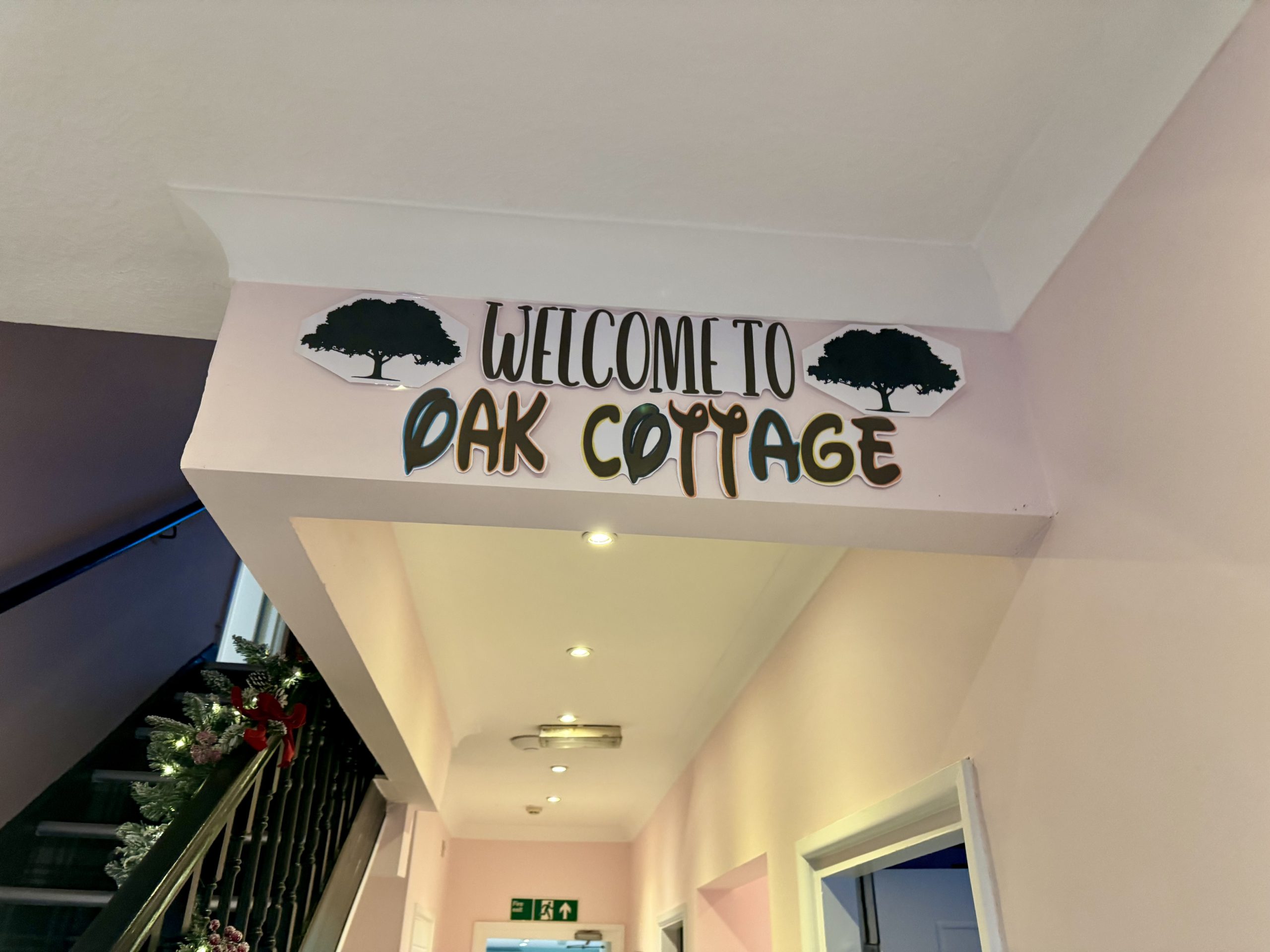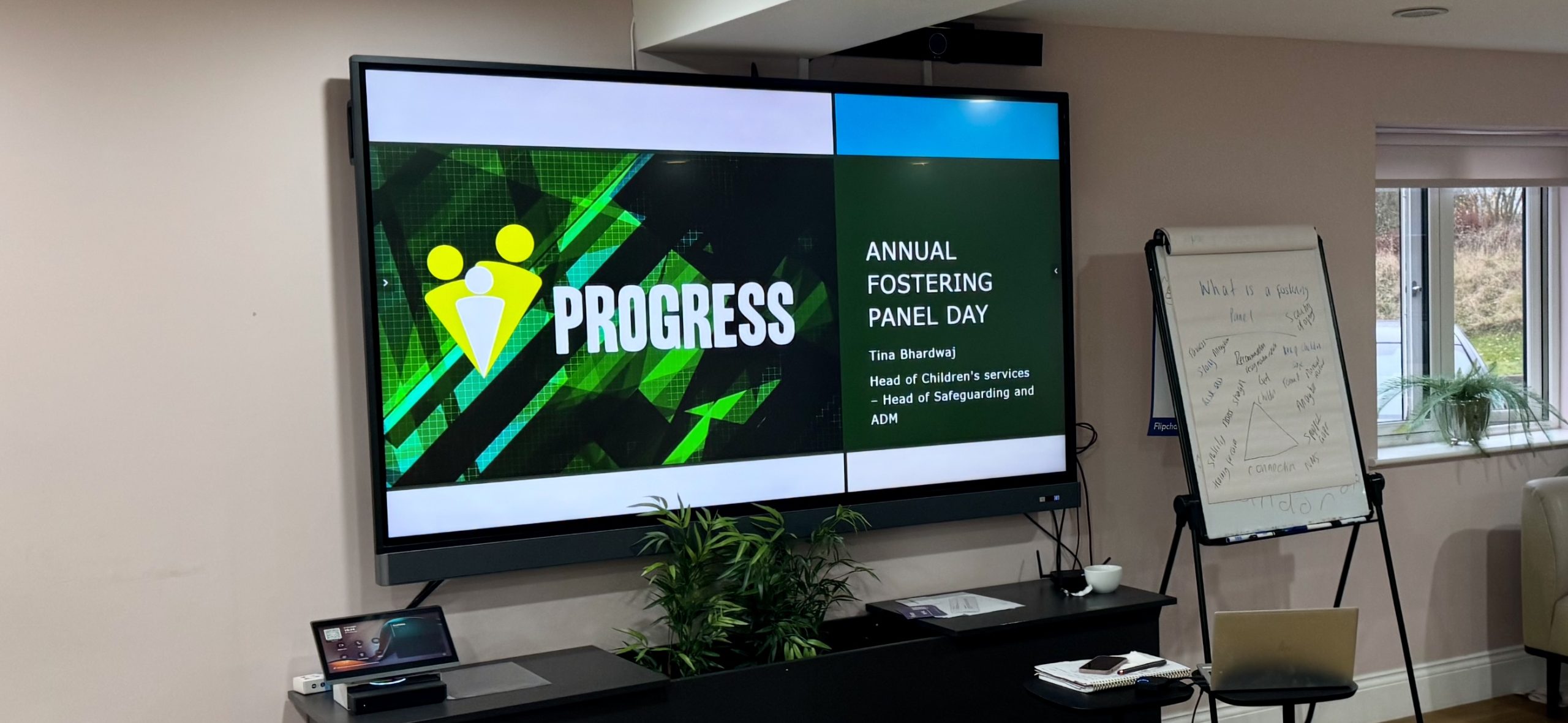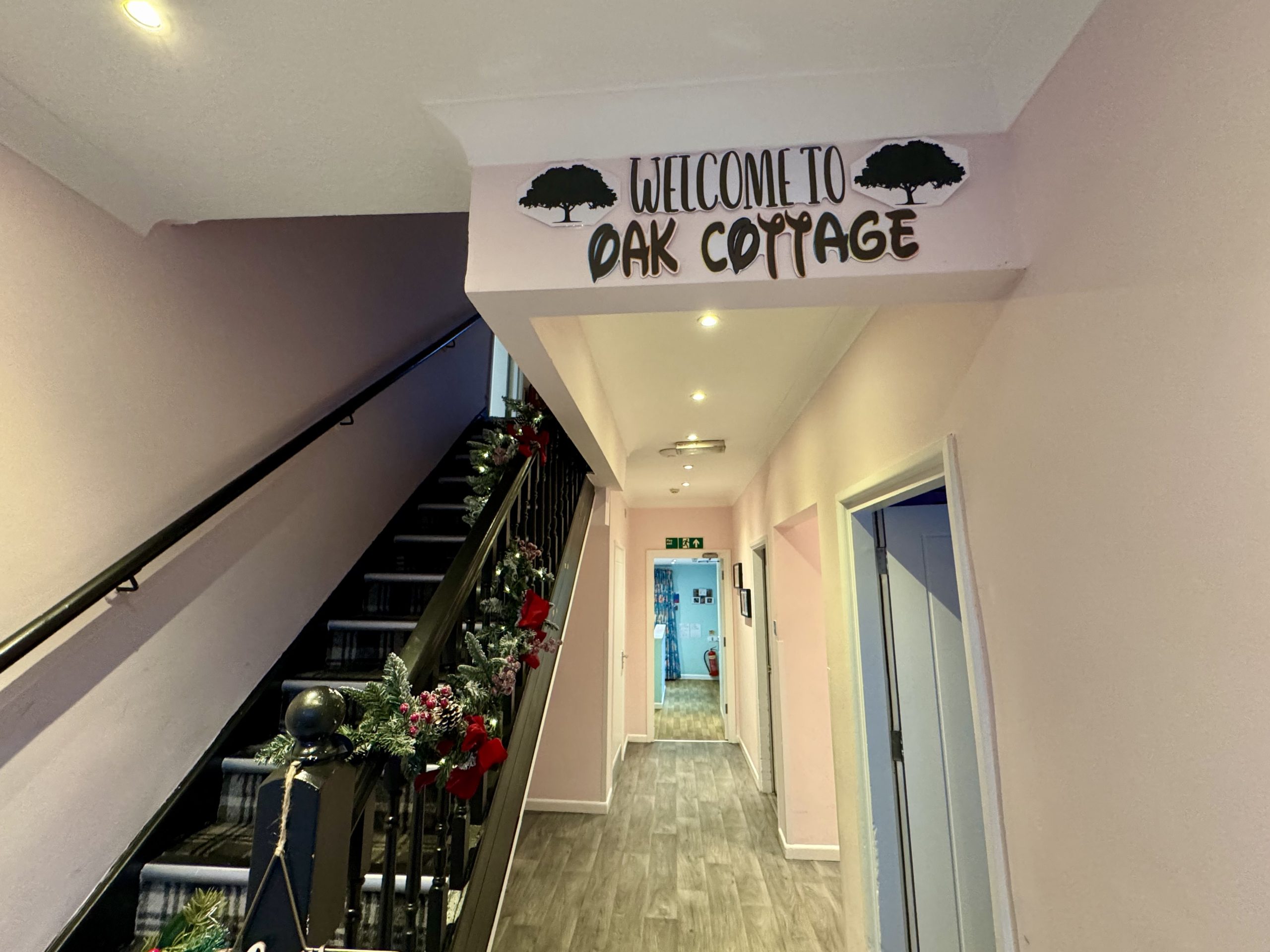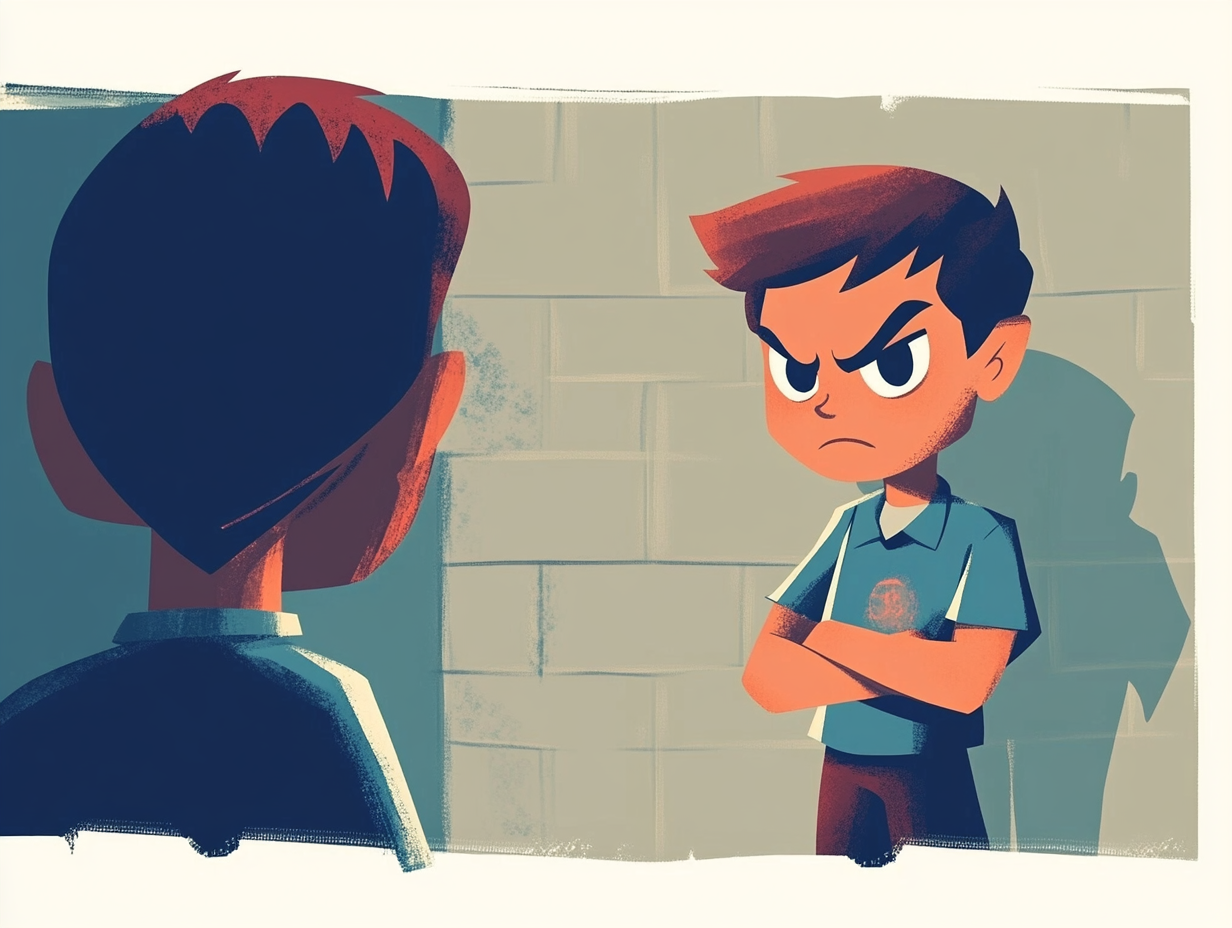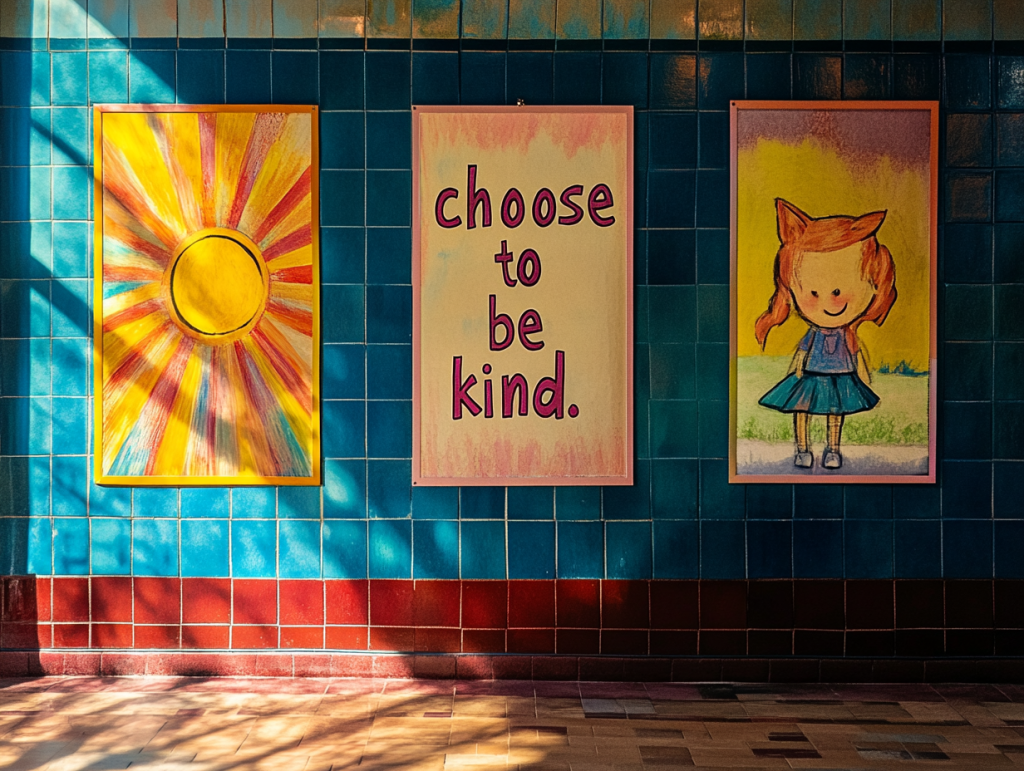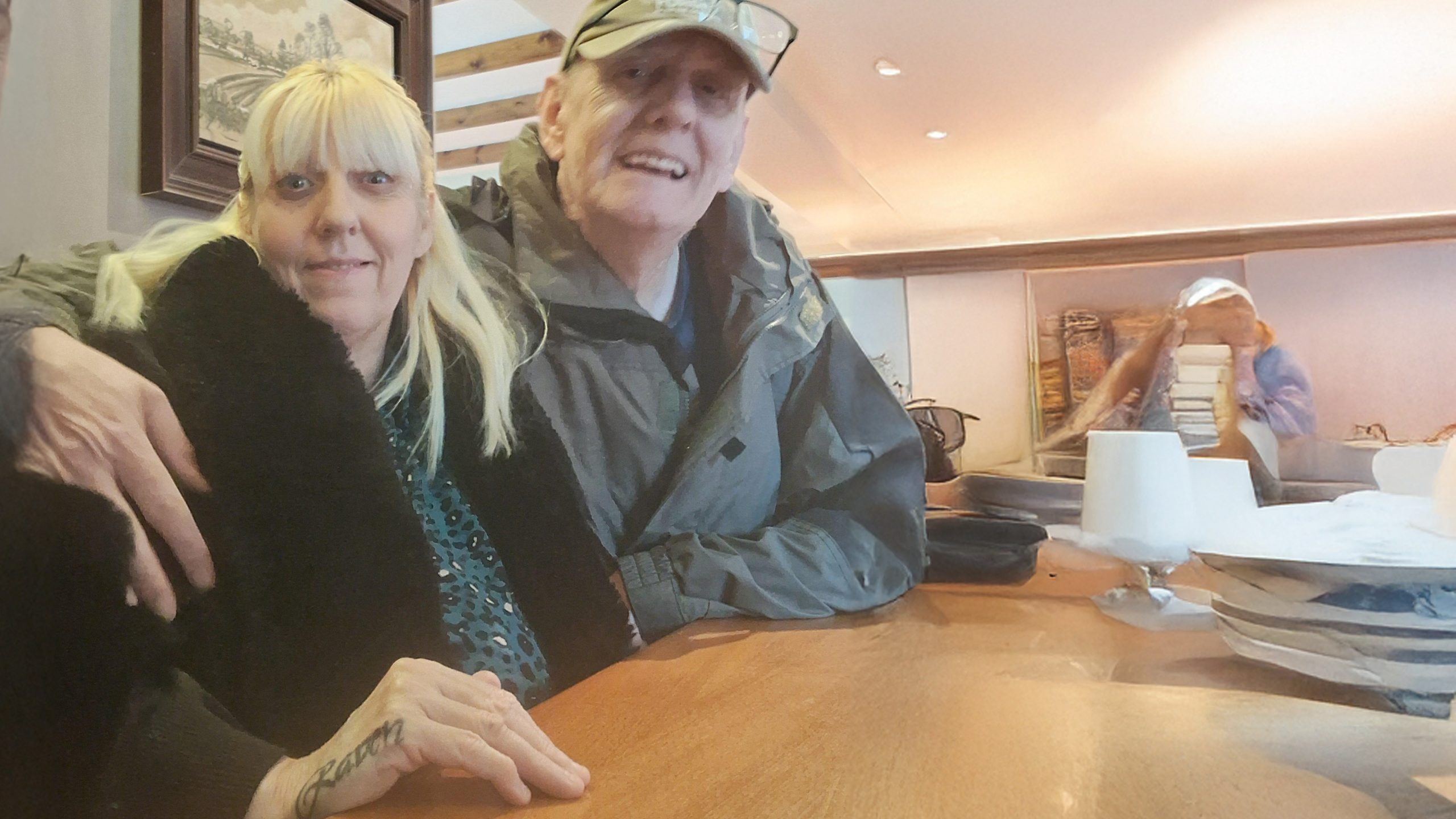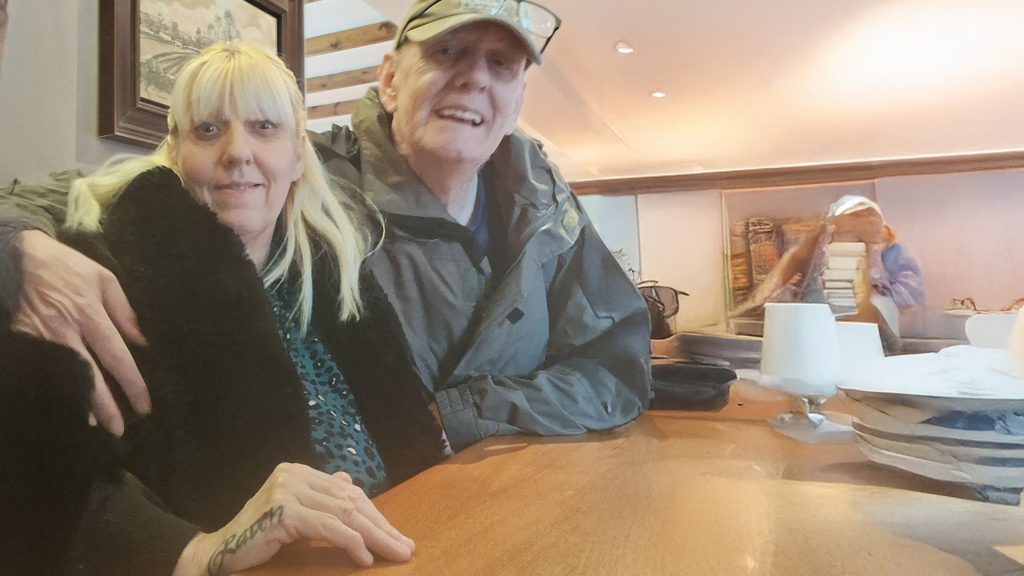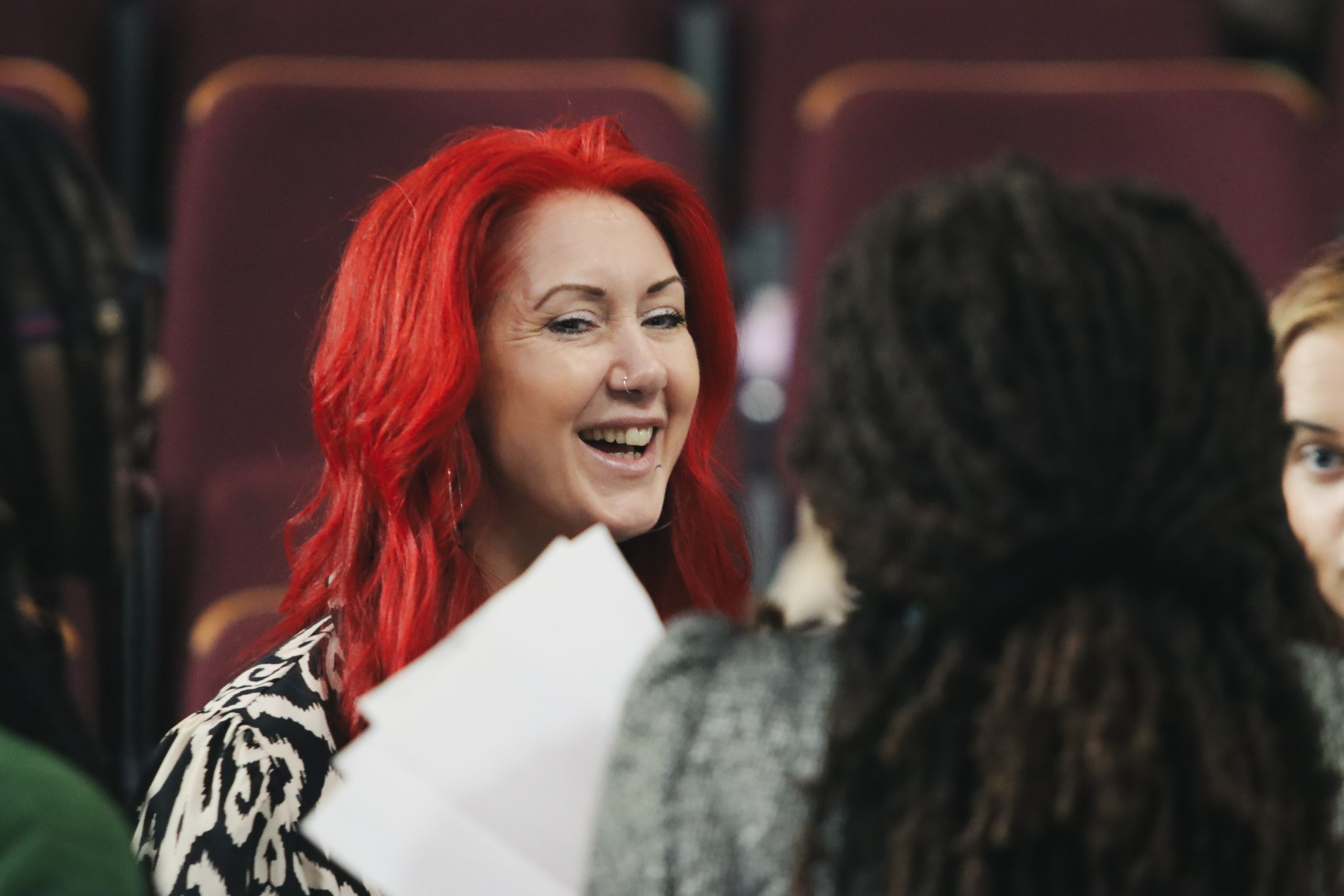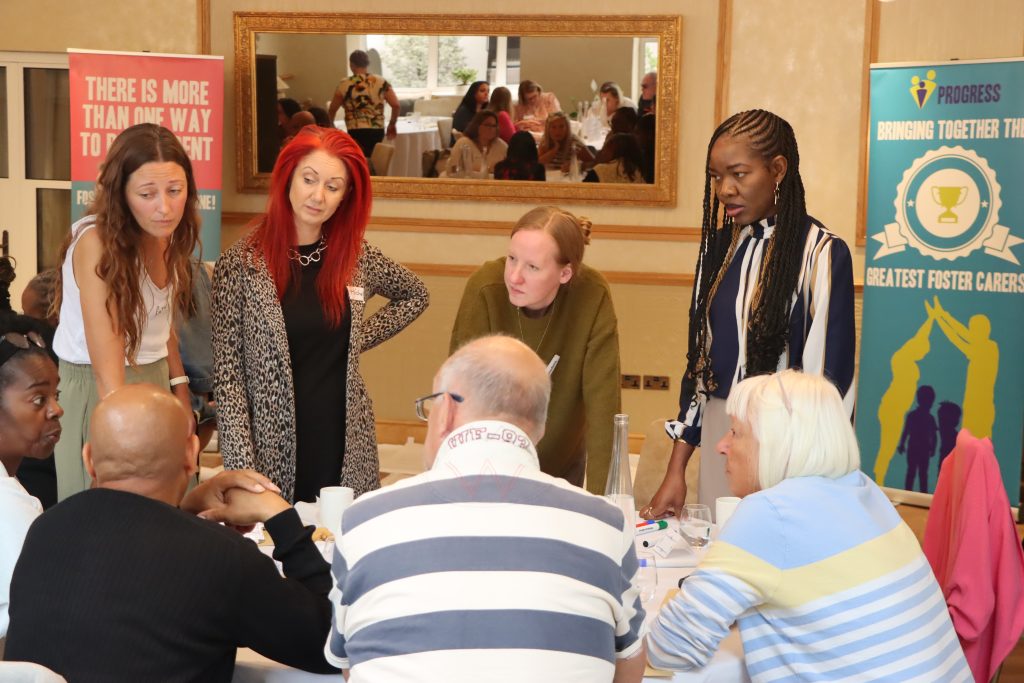At Oak Cottage, a home dedicated to supporting young people with complex needs, the deputy manager plays a pivotal role in ensuring the smooth operation of the home and the wellbeing of both staff and residents. Mandy is the current Deputy Manager at Oak Cottage.
Mandy’s day as a deputy manager is a mix of structured responsibilities and the unpredictability that comes with working in residential care. From coordinating rotas and managing staff to handling urgent issues like medication consents and liaising with social workers, her role requires a combination of strong organisational skills and adaptability.
“Every day is different,” Mandy explains. “Some days, I’m deep in paperwork, updating social workers, and organising schedules. Other days, I’m working closely with the team to resolve challenges or ensure everything runs smoothly for the young people.”
Mondays involve setting up appointments and ensuring the rota is balanced, while Thursdays and Fridays are dedicated to preparing Ofsted reports and providing updates to social workers. Mandy also emphasises the importance of staying accessible to staff for support and guidance throughout the week.
Transitioning from Elderly to Children’s Care
Mandy’s journey to Oak Cottage began after 26 years in elderly care, including a decade as a manager. Transitioning into children’s care was a significant adjustment for her. “It’s completely different,” she says. “Everything from the paperwork to the emotional dynamics is unique. I had to learn a lot—fast.”
Initially, the role felt overwhelming. “I thought, ‘I’ll never be able to do this,’” Mandy recalls. However, with support from the team and a willingness to adapt, she has grown into her role. Now, she reflects on how much she has learned and how rewarding the experience has become.
Support and Teamwork at Oak Cottage
One of the aspects Mandy values most about her role is the strong support system at Oak Cottage. Whether she’s working with the registered manager or seeking guidance from the head office team, she never feels alone in facing challenges.
“You’re not on your own here,” Mandy says. “There’s always someone to turn to—whether it’s a colleague, the management team, or the resources available online. It makes all the difference when things get tough.”
Finding Fulfilment in Supporting Young People
For Mandy, the most rewarding part of her role is the sense of accomplishment she feels after making a positive impact on the lives of the young people at Oak Cottage. “Coming from elderly care, I wasn’t feeling fulfilled anymore,” she explains. “But here, working with complex children, I feel like I’m making a real difference. It’s a deeply fulfilling experience.”
She shares how learning about the backgrounds of the young people can be both heart-wrenching and motivating. “Sometimes, I look at these children and think, if I had a spare bedroom, I’d take them home with me,” she says. “But knowing they’re so well cared for here makes it easier to leave at the end of the day.”
Qualities for Success as a Deputy Manager
When asked about the qualities needed to succeed as a deputy manager, Mandy highlights patience, adaptability, and a willingness to learn. “You don’t need to have all the knowledge upfront,” she says. “Oak Cottage is a place where you’ll be trained to a high standard. They’ll support you, guide you, and help you grow into the role.”
She also notes the importance of resilience and a strong work ethic. “It’s not always easy, but the rewards far outweigh the challenges.”
A Growing Sense of Belonging
After six months in the role, Mandy reflects on how far she has come. “It took me a while to settle in,” she admits. “But now, I feel like I’ve been here for years. I’ve started to really enjoy my job, and it’s all thanks to the supportive team and the incredible young people we care for.”
For Mandy, being a deputy manager at Oak Cottage is more than just a job—it’s an opportunity to contribute to something meaningful. Whether she’s mentoring staff, solving problems, or ensuring the young people have the care they need, she knows her work has a lasting impact.
“Every day, I walk away feeling like I’ve done something important,” she says. “That’s what makes this role so special.”
Mandy’s story reflects the heart and dedication required to be a deputy manager at Oak Cottage—a role that combines leadership, compassion, and a commitment to making a difference.




